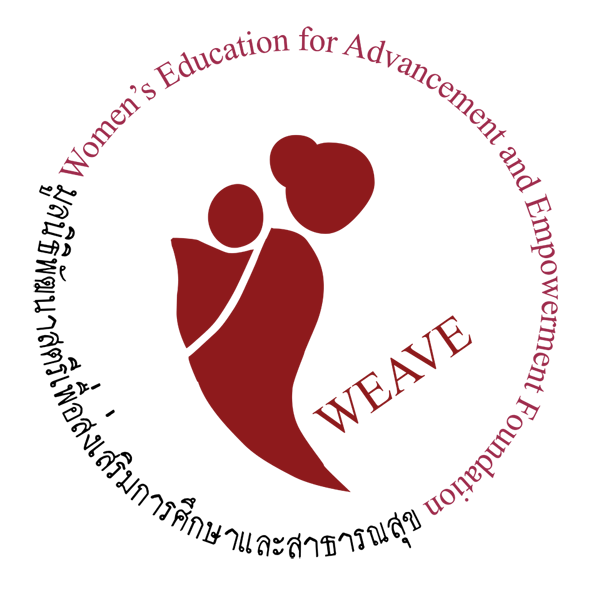PWU’s Profile
The Pa-O Women’s Union (PWU) was established in November 5,1999. The first general conference of the Pa-O Women’s Union was held at Hwe Sae Rop village on the Thai/Burma border on March 18, 2000. The second general conference of the Pa-O Women’s Union was held at Hwe Ma Kae Soump village on the Thai/Burma border on March 1, 2002. At the general conference, 5 central executive committee members were elected to carry out tasks of the organisation.
Purpose
- To promote the Pa-O women?s movement.
- To promote Pa-O literature and culture.
- To improve the life of Pa-O women.
- To promote human rights and democracy among Pa-O people.
- To join hands with other democratic movements.
- To work in unity with other Pa-O organizations.
Background
Since General Ne Win took power in 1962 in Burma, the Pa-O have not been able to live peacefully and work safely. The standards of education and health of the Pa-O people have deteriorated. Many Pa-O have entered Thailand to work as illegal immigrants. There are more than three thousand Pa-O people staying as illegal immigrants or displaced persons in Thailand. Many of them live in villages in Mae Hong Son province. Some live in Mae Sod, Tak Province.
PWU’s Activities
In coordination with several local and international NGOs, PWU is working for the health, education, welfare and human rights of Pa-O refugees in Mae Hong Son area, . The PWU is also in contact with the Pa-O inside Shan State, Burma, and has produced and distributed publications to monks, government servants, traders, villagers and workers inside our country. The PWU has received a lot of support from the Pa-O along the Thai/Burma border. We have carried out the following activities.
- Health care and other emergency relief for displaced Pa-O in Thailand
- Publications
- Annual magazine
- Pamphlets on HIV/AIDS, drug abuse, maternal and child care
- Trainings for women
- Women’s political empowerment: leadership; law and constitution; women and Thai law; environment and grassroots leadership; women as peacebuilders; women’s rights; federal affairs;
- Health: human rights and reproductive health; HIV/AIDS; counselling
- Skills development: computer skills, office management, accounting, fund-raising, English, income generation (including sewing and mushroom farming); documentation and media skills
- Coordination with other local organisations to hold women’s exchange meetings, youth exchange meetings, and to organise events on days of significance for the democracy movement in Burma.
